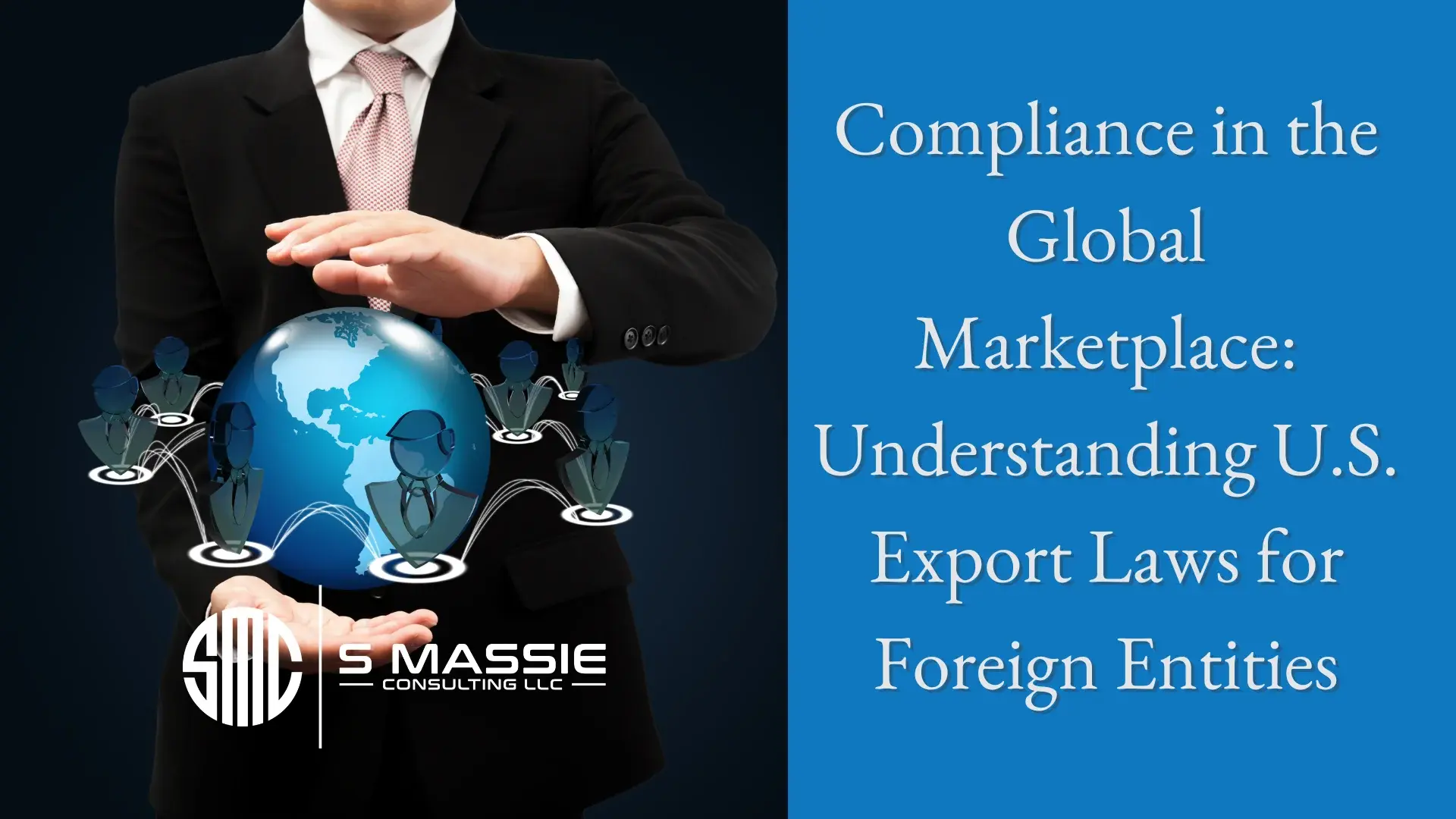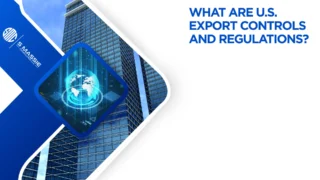In today’s dynamic global marketplace, businesses worldwide are capitalizing on cross-border trade to drive economic growth. However, certain entities exploit commercial and financial channels, posing threats to national security and global stability.
The United States has increased enforcement with robust sanctions and export control measures to safeguard its financial and commercial systems, extending to foreign-based companies and exposing them to legal ramifications for violations.
Applicability of U.S. Sanctions and Export Control Laws
The Office of Foreign Assets Control (OFAC) administers and enforces economic and trade sanctions, primarily targeting foreign jurisdictions, regimes, and individuals involved in nefarious activities. These sanctions can take various forms, including blocking assets and prohibiting transactions with sanctioned entities.
Importantly, non-U.S. persons are also subject to certain OFAC prohibitions, including engaging in conduct that evades U.S. sanctions. Violations of OFAC regulations can result in civil or criminal penalties, highlighting the broad reach and stringent enforcement of U.S. export laws.
U.S. Export Control Laws
Non-U.S. companies can face legal consequences under U.S. sanctions and export control laws for their activities abroad.
Compliance
Don’t let this happen to you!
Examples of Recent Enforcement Actions Against Foreign Persons
OFAC actively pursues enforcement actions against foreign entities and individuals involved in sanctions violations, such as:
- Toll Holdings Limited agreed to pay $6,131,855 for 2,958 apparent violations involving shipments to sanctioned jurisdictions like North Korea, Iran, and Syria, causing U.S. financial institutions to transact with blocked persons.
- Alfa Laval Middle East Ltd. settled for $415,695 due to violations involving false documentation to export goods to Iran, causing indirect exports from the U.S. to Iran.
- Swedbank Latvia AS agreed to pay $3,430,900 for 386 apparent violations of OFAC sanctions on Crimea, involving transactions from a sanctioned jurisdiction through U.S. correspondent banks.
- On February 23rd, 2025, OFAC sanctioned almost 300 individuals and entities under the Russian Harmful Foreign Activities Sanctions program. They were largely concentrated in Russia’s military-industrial and financial sectors, and 26 persons were in third countries that OFAC determined to be “facilitators” to sanctions evasion.
BIS enforcement actions involving foreign companies or foreign-produced items include:
- Aratos Group and its president, Nikolaos Bogonikolos, faced a Temporary Denial Order (TDO) for acting as a procurement network for Russian intelligence services. The TDO not only cuts off their export privileges from the U.S. but also the right to receive or participate in exports from the United States or reexports of items subject to the EAR.
- BIS imposed expansive controls on aviation-related items to Russia in response to the invasion of Ukraine. Several foreign airlines, including Nordwind Airlines, Siberian Airlines, and Ural Airlines, violated these controls, resulting in TDOs.
- Seagate Technology LLC and Seagate Singapore International Headquarters Pte. Ltd. settled for a record $300 million penalty for shipping millions of hard disk drives to Huawei without a license, violating the Huawei Foreign Direct Product Rule (FDPR). Additionally, a suspended five-year denial order was issued against Seagate.
Criminal Enforcement Against Foreign Persons
The Department of Justice (DOJ) is authorized to bring criminal prosecutions against foreign-based actors for willful violations of U.S. sanctions and export control laws. Violations of either statute are punishable by imprisonment of up to 20 years and significant fines.
In recent months, the DOJ has brought charges against multiple foreign-based actors for allegedly seeking to unlawfully transfer U.S.-manufactured technology to prohibited destinations:
- In October 2022, three Latvian nationals and others were indicted for attempting to smuggle a dual-use grinding machine from the U.S. to Russia without proper licensing. The scheme involved false representations to officials. Two defendants pleaded guilty, and approximately $826,000 was forfeited. In February 2024, around $500,000 of the forfeited funds were transferred to the Estonian government.
- In December 2023, an Iran-based person and an individual from China and Hong Kong were indicted for illegally purchasing and exporting dual-use microelectronics from the U.S. to Iran via Canada, France, and Hong Kong. False information was provided about the end use and end users.
- In November 2023, Binance Holdings Limited pleaded guilty to violations of U.S. sanctions laws. Binance failed to implement controls to prevent trades between U.S. users and users in sanctioned jurisdictions, resulting in nearly $900 million in trades. Binance agreed to a $4.3 billion financial penalty and a settlement of $968,618,825 for 1,667,153 apparent violations of multiple sanctions programs.
External Links:
“Department of Commerce, Department of the Treasury, and Department of Justice Tri-Seal Compliance Note: Obligations of foreign-based persons to comply with U.S. sanctions and export control laws,” 6 March 2024.
“OFAC Announces Hundreds of Russia-related Sanctions to Mark the Second Anniversary of the Invasion of Ukraine,” Miller & Chevalier, Trade Compliance Flash, 12 March 2024.
Contact us to schedule a consultation or compliance review.






